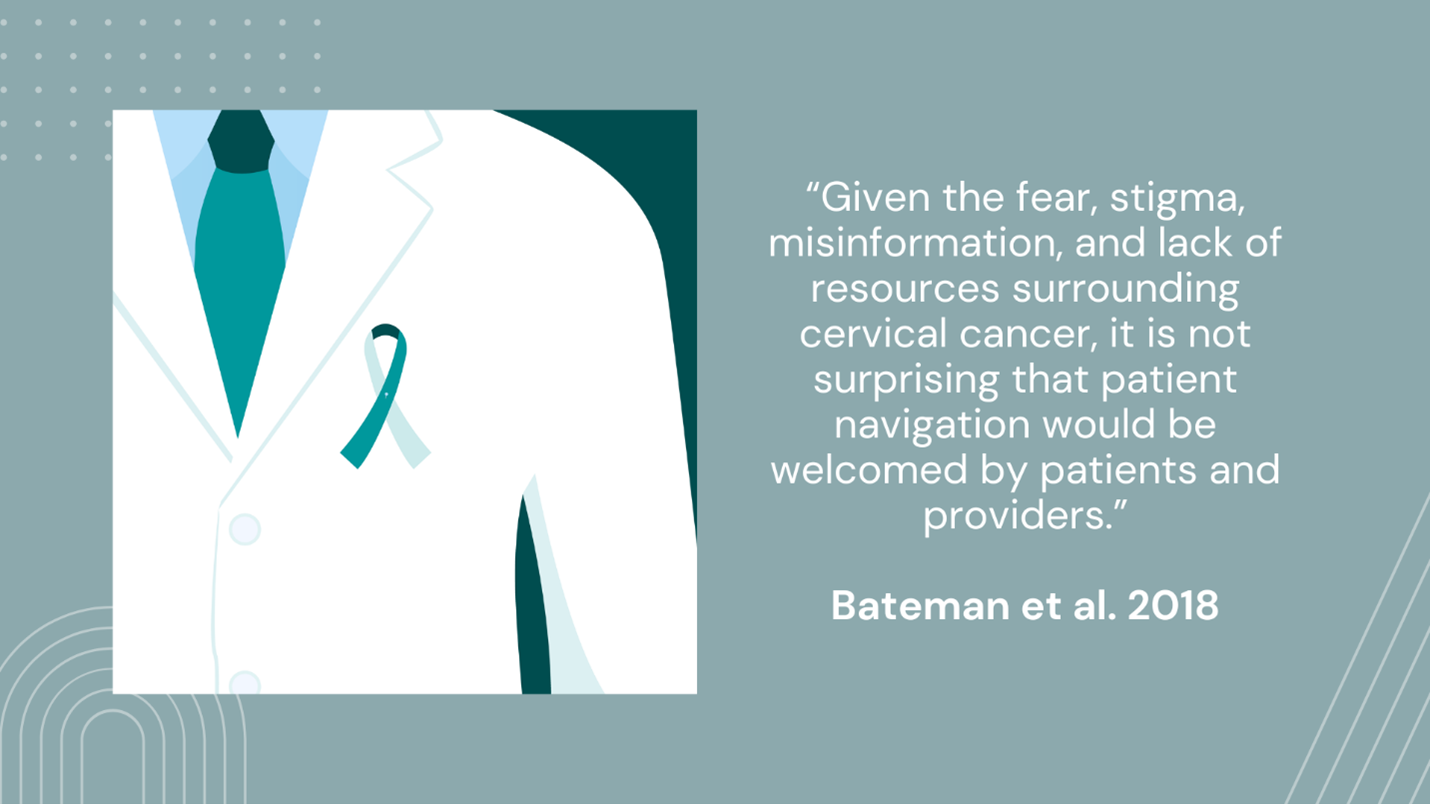Cervical cancer is the fourth most common cancer in women globally and the most common among women in Eastern and Middle Africa. Tanzania has one of the highest incidence rates of cervical cancer in this region: 34.3 cases per 100,000 women.1 Low-and-middle-income countries such as Tanzania bear a disproportionate burden of cervical cancer incidence and mortality. These regions have not demonstrated the same reductions in cervical cancer rates that high-income countries have achieved with the introduction of the Papanicolaou smear and HPV vaccination campaigns. This disparity is largely fueled by resource limitations in screening programs and financial and social challenges to the acquisition, distribution, and acceptability of the HPV vaccine.2
“Low-and-middle-income countries such as Tanzania bear a disproportionate burden of cervical cancer incidence and mortality.”
HIV infection imposes complex barriers to cervical cancer screening among women in Tanzania. Tanzanian women living with HIV are more likely to become infected with HPV and develop persistent infection leading to precancerous lesions. Patients living with HIV have unique experiences with the health system and stigma that complicate receipt of timely screening and treatment.
To combat these barriers, peer navigation has been identified as a feasible intervention to support women, particularly those living with HIV. The patient navigation model posited by Freeman positioned laypeople as agents for logistical and emotional support for patients interacting with the health systems.3 Because peer navigators often share community backgrounds and health conditions with patients, they are often accepted and trusted. Bateman et al. found this model of case management to be feasible and appealing to both women living with HIV and clinicians in Dar es Salaam, Tanzania, with one clinician focus group participant explaining, “I think it is [a] good project because [the] patient has two big problems. Firstly, she is HIV-positive, whereby she thinks her life has reached at the end of the road. Secondly, she has cancer, which she also regards as end of the road”…. “she needs support.”4
“Because peer navigators often share community backgrounds and health conditions with patients, they are often accepted and trusted.”
While emphasis is often placed on increasing screening participation, peer navigation promises appealing support for Tanzanian women in a variety of touchpoints with the health system, including cervical cancer evaluations and treatment appointments. Navigators who were diagnosed with HIV, underwent cervical cancer screening, or were once diagnosed with cervical cancer were particularly valued by women.5
While structural barriers continue to prevent Tanzanian women, particularly those living with HIV, from accessing cervical cancer screening and follow-up, the emerging evidence in support of peer navigation systems offers hope for an alleviation of the unjustly heavy regional burden of cervical cancer.

References
- World Health Organization – Cervical Cancer Country Profiles (2021). United Republic of Tanzania (2021). https://cdn.who.int/media/docs/default-source/country-profiles/cervical-cancer/cervical-cancer-tza-2021-country-profile-en.pdf?sfvrsn=65c980be_38&download=true
- Runge, A. S., Bernstein, M. E., Lucas, A. N., & Tewari, K. S. (2019). Cervical cancer in Tanzania: A systematic review of current challenges in six domains. Gynecologic Oncology Reports, 29, 40–47. https://doi.org/10.1016/j.gore.2019.05.008
- Freeman, H. P. (2004). A model patient navigation program: breaking down barriers to ensure that all individuals with cancer receive timely diagnosis and treatment. Oncology Issues, 19(5), 44-46.
- Bateman, L. B., Blakemore, S., Koneru, A., Mtesigwa, T., McCree, R., Lisovicz, N. F., Aris, E. A., Yuma, S., Mwaiselage, J. D., & Jolly, P. E. (2018). Barriers and Facilitators to Cervical Cancer Screening, Diagnosis, Follow-Up Care and Treatment: Perspectives of Human Immunodeficiency Virus-Positive Women and Health Care Practitioners in Tanzania. The Oncologist, 24(1), 69–75. https://doi.org/10.1634/theoncologist.2017-0444
